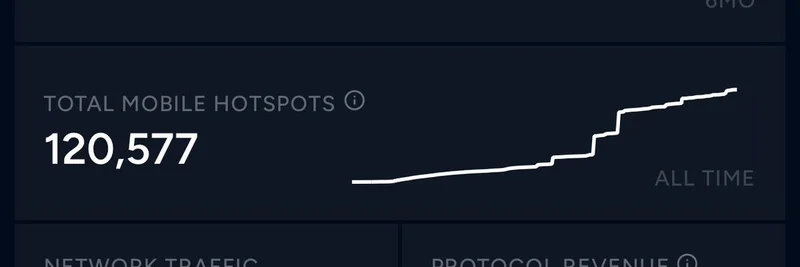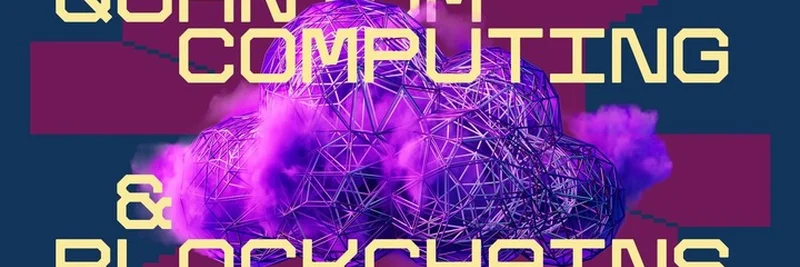Hey there, crypto enthusiasts and blockchain buffs! While we’re all about meme tokens and the wild world of decentralized finance here at meme-insider.com, today we’re diving into a fascinating crossover topic that’s making waves beyond the blockchain: Microsoft’s latest AI breakthrough in healthcare. A recent tweet from @S4mmyEth caught our eye, sparking a conversation about how artificial intelligence (AI) is shaking up the medical world. Let’s break it down!
The Big Reveal: AI Outperforms Doctors?
The tweet references a bold claim from Microsoft: their new AI tool, reportedly four times more successful than human doctors at diagnosing complex ailments. This isn’t just hype— it’s backed by data from a thread by @mustafasuleyman, who shared that the MAI-DxO (Microsoft AI Diagnostic Orchestrator) achieved an impressive 85.5% solve rate on 304 tough cases from the New England Journal of Medicine. Compare that to a 20% accuracy rate from a group of experienced physicians, and you can see why this is turning heads!
But here’s the kicker: this AI doesn’t just diagnose better—it does so at a lower cost. The tweet suggests this could lighten the load for frontline medical staff and even reduce indemnity claims from misdiagnoses. For those of us with family in healthcare (like @S4mmyEth), that’s a big deal—less stress and fewer lawsuits sound like a win-win!
A Tool, Not a Replacement?
Now, let’s pump the brakes a bit. @S4mmyEth points out that while this AI is a game-changer, it’s still just a tool. Diagnosing is only part of a doctor’s job—delivering bad news with empathy is something most of us would rather hear from a human than a robot. The tweet humorously notes, “I’m sure most would prefer bad news is delivered by a human rather than a robot,” and it’s hard to argue with that sentiment. AI might crunch the numbers, but the human touch remains irreplaceable.
This aligns with the broader discussion in the thread, where users like @asgermsb call for real-world testing with live patients, not just journal cases. It’s a fair point—lab results are one thing, but how will MAI-DxO hold up in a busy hospital? Others, like @ProspectorP_, jokingly predict that by 2030, the delivery method of your diagnosis might hint at its severity. A robot walking in? Uh-oh!
What This Means for the Future
So, where does this leave us? Microsoft’s MAI-DxO could revolutionize healthcare by boosting accuracy and cutting costs—think of it as a super-smart assistant for doctors. The tech giant’s approach, as detailed in WIRED’s coverage, involves a virtual panel of AI “doctors” collaborating within a budget, mimicking human diagnostic processes. This could ease the workload for overstretched medical pros, a concern echoed in HIMSS’s insights on AI in healthcare.
For blockchain practitioners, this is a reminder of how AI intersects with other industries. Just as smart contracts automate finance, AI could automate diagnostics, potentially influencing health-related decentralized apps (dApps) or insurance protocols on the blockchain. Imagine meme token projects pivoting to health tech—stranger things have happened!
The Verdict: Excitement with a Dash of Caution
We’re excited about this leap forward—85.5% accuracy is no joke! But as @S4mmyEth and others suggest, we need more data from trusted medical pros before crowning AI as the ultimate diagnostic king. The journey’s just beginning, and Microsoft’s blog post (linked here) promises more updates. For now, it’s a powerful tool that could transform healthcare without replacing the human element.
What do you think? Will AI like MAI-DxO become your next doctor’s assistant, or is this a step too far? Drop your thoughts in the comments, and stay tuned to meme-insider.com for more tech trends crossing into the crypto world!



